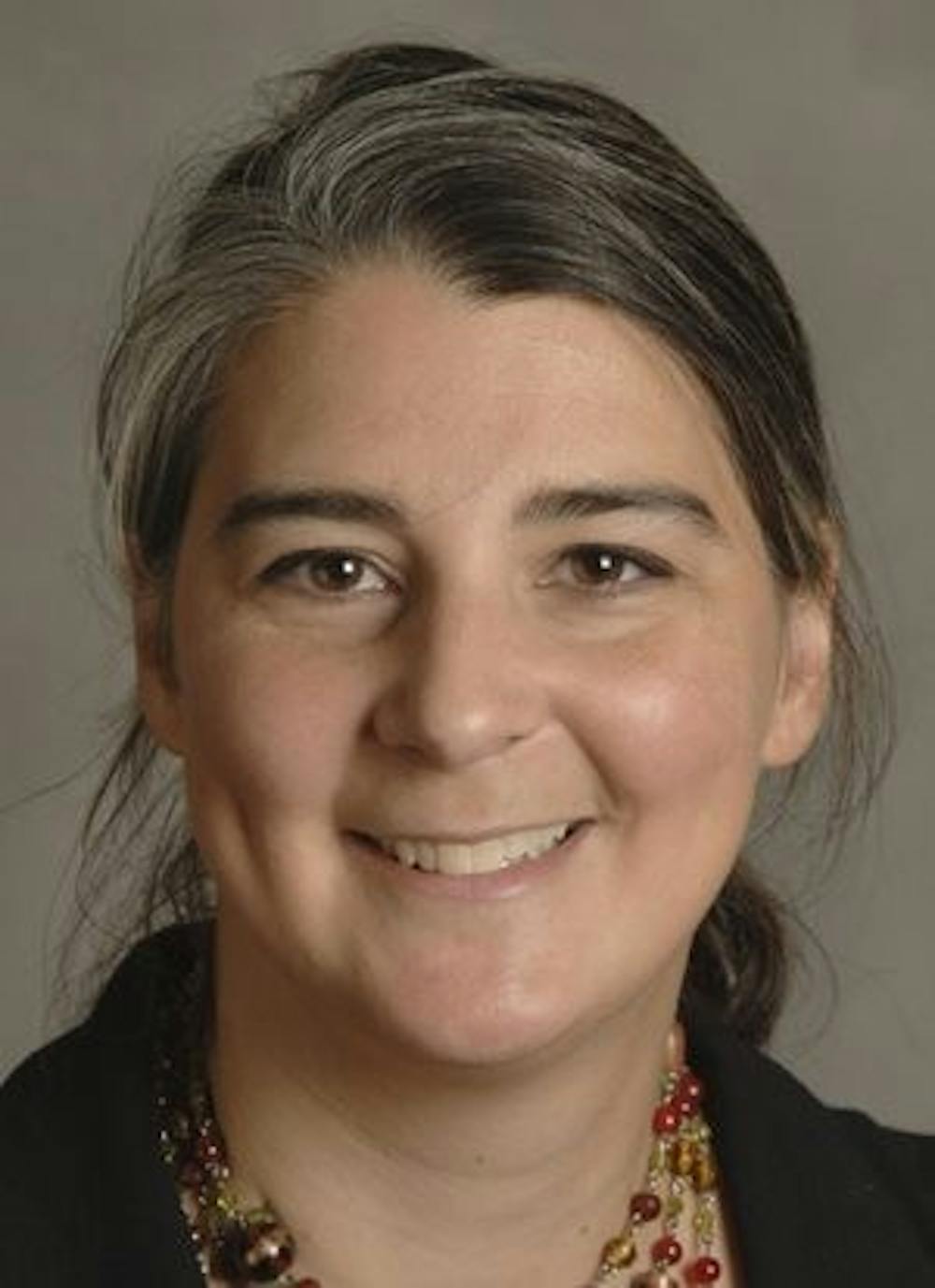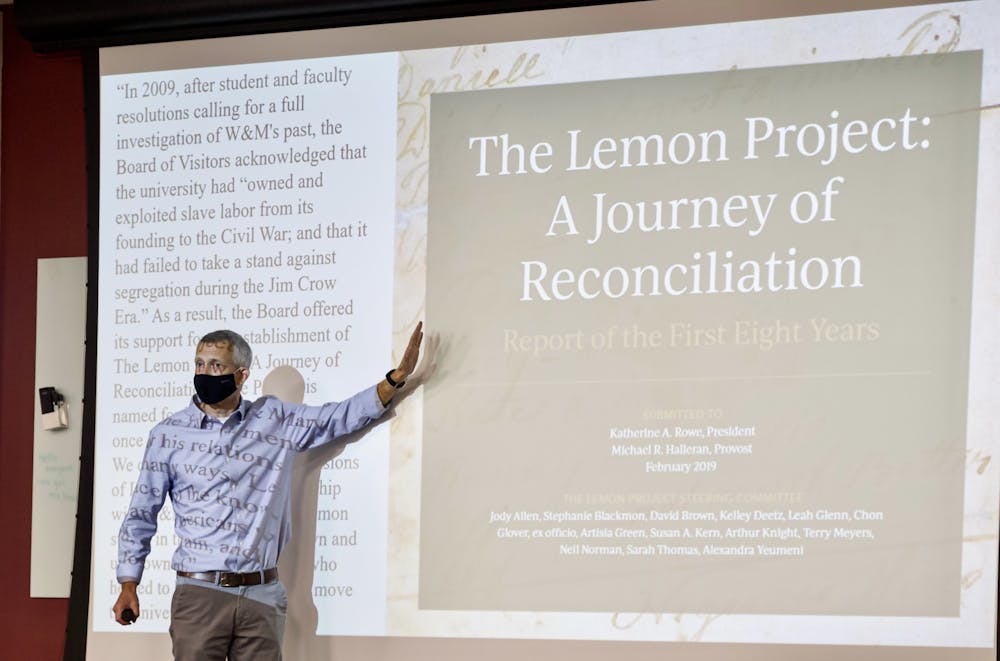Originally launched as the Commemoration Committee, the Committee on Elon History and Memory as of fall 2021 is chaired by Evan Gatti, associate professor of art history, who said this new name is representative of the work the group plans to continue throughout the 2021-22 academic year.
“The committee has spent about two and a half years working on history and memory in particular, as it relates to anti-Black racism at Elon, and Elon’s history as it relates to how we have remembered or not remembered,” Gatti said.
In 2020, a report was released with 10 sections of the university’s history and 13 recommendations for moving forward. Gatti said once that report was completed and presented to the community, the new committee was seated and began work last year.
Elon University’s committee is just one of many at colleges and universities across the nation who have worked to revisit the stories institutions tell about themselves. Gatti said this work is continuous and there are ways for faculty, staff and students to become involved with the committee.
The Committee on Elon History and Memory met to discuss how to move forward with recommendations from 2020 and planned for the 2021-22 academic year on Aug. 18.
The committee is not one Elon invented, rather it is based off of work that other campuses have done, according to Gatti. The meeting included an introduction of the committee as well as discussions surrounding what was left on the table from the spring and what still needs to be done.
The meeting also included previous chair of the committee Charles Irons, along with Randy Williams, vice president and associate provost for inclusive excellence, Bob Frigo, assistant dean of campus life and director of the Kernodle Center for civic life Buffie Longmire-Avita, director of the Black Lumen Project and associate professor of psychology and Shaunta Alvarez, digital collections and systems librarian and assistant librarian.
Gatti has worked closely with Irons this summer to ensure continuity. Gatti also met with Longmire-Avital, who is the director of the Black Lumen Project — one of the recommendations of the history and memory report — archivists and other colleagues to discuss what has been done and what still needs to be done.
A Q&A with Professor Evan Gatti, chair of the Elon University History and Memory Committee

This interview has been edited for clarity.
What purpose does the Committee on Elon History and Memory serve?
“The History and Memory name is not just catchy, it really is the work of the group. They’re looking at Elon’s histories and I’ll always use histrories in plural because we’re looking at the many different ways that we can think about Elon having history. Everyone experiences it differently, and some have been mainstreamed as our history and some have been marginalized. The memory part gets at how we've created traditions around certain histories and not others.”
What background do you bring into the role as chair of the committee?
“I come to this work because I teach art history, but I also teach courses in museum studies that think about how museums came into being and how we remember the culture. As an art historian, I'm constantly thinking about the ways that we use visual and cultural material to remember the past. I'm very interested in not just how we get back to the past, but how we think we know the past. This is in line with the kinds of classes I teach and the kinds of things I do, even if it feels out of place to be not about medieval Europe, but about Elon. I do come to this with a certain brain and an experience that makes sense, it will help me be a better chair.”
What are your goals for the committee?
“We’re not generating a new report like the 2020 report, this year we need to follow up with recommendations that were made in 2020 and see as many of them come to fruition as we can. We are going to be working with the director of the Black Lumen Project, an equity initiative to support, amplify and collaborate on projects that they’re working on. Just know that we have collaborative projects on the horizon. We are going to be looking at structures to support stabilizing this work. How are we going to manage this in a website? How are we going to acknowledge the work that is already happening? How are we going to support those people doing the work? Some of what we’ll be doing is policies, procedures, best practices kind of stuff, before we can advance to tell more histories.”
What are the hopes for the committee going forward?
“I think students might see opportunities to have more localized conversations using the report and that’s what we hope. The history and memory work is about collaborative storytelling. It’s about hearing people’s stories that haven’t been asked to tell them before or they’re not around for them to tell us, so we have to get it however we can.”
Looking Ahead
Conversations are set to continue throughout the course of the academic year. The committee does not have a fixed date for their next meeting, but will be in communication to find a time that works best for everyone and their schedules.


